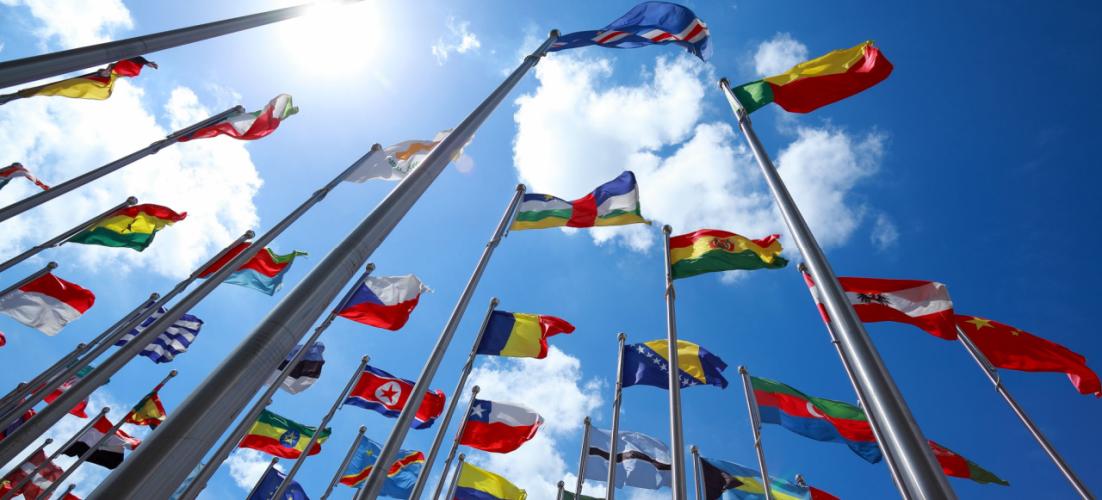International Medical Graduate survey

AMA Queensland has launched an online survey to understand the needs and challenges facing International Medical Graduates (IMGs) in Queensland.
IMGs face unique and complex obstacles in recruitment, training, professional development and everyday practice which differ from those of their domestically-trained colleagues.
These can be difficult for IMGs to resolve without support but are poorly understood by the medical profession.
The survey was initiated by AMA Queensland’s IMG Working Group (IMG WG) to provide considered and expert advice and recommendations on IMG matters to the AMA Queensland Council.
It aims to gather reliable data to improve policy and support for IMGs, particularly those in training, and drive medico-political change.
AMA Queensland Council Member and IMG WG Chair Dr Emilia Dauway trained as a surgeon in the United States of America before emigrating to Australia where she practises in general, breast and oncologic surgery.
She said IMGs often face discrimination on the basis of race and ethnicity by both patients and colleagues; may not understand their workplace rights; and can have traumatising experiences at all stages of their careers.
“When I was a new doctor working in Gladstone, I often felt disoriented.
“There were assumptions made that because I was from America and spoke English that I would understand the system. But while learning about my new home, I was also adjusting to a new work environment.
“Since there was a great need for doctors, there wasn’t much time spent with orientation. For example, I had no understanding of categorisation because in my home country this did not exist.
As a surgeon, I thought everyone who needs surgery should be category 1!
“As you could imagine, this created an incredibly long waitlist and problem, which I had to resolve.”
Dr Dauway said IMGs are frequently recruited to regional, rural and remote areas which have scarce resources, high work demands and limited support.
“The lack of resources and support can lead to becoming deskilled – the loss of medical skills which took many years to cultivate.
“Many IMGs experience professional and social isolation leading to increased stress and burnout. This can force them to abandon a medical career altogether, not to mention the increased risks for patients.”
Such issues have been exacerbated by the COVID-19 pandemic with larger numbers of IMGs recruited throughout non-metropolitan areas of Queensland.
“Given the medical workforce crisis facing Australia, we can expect to see recruitment and more IMGs working in our hospitals and clinics. So, it is essential we understand how to better support these doctors,” Dr Dauway said.
IMGs have been and are vital to the Australian health care workforce.
While it is a great opportunity to live and work in Australia, the road of emigration can be personally and professionally challenging and at times arduous.
American activist Paul Kivel said, ‘Change starts with one person questioning, challenging, speaking up and doing something to make a difference.’
The survey allows you to have a voice, speak up and share your truth.